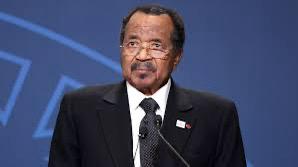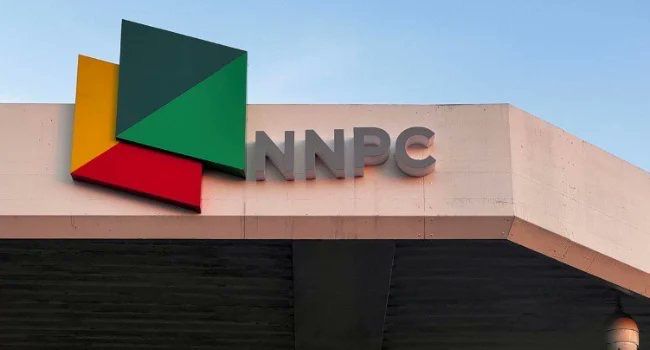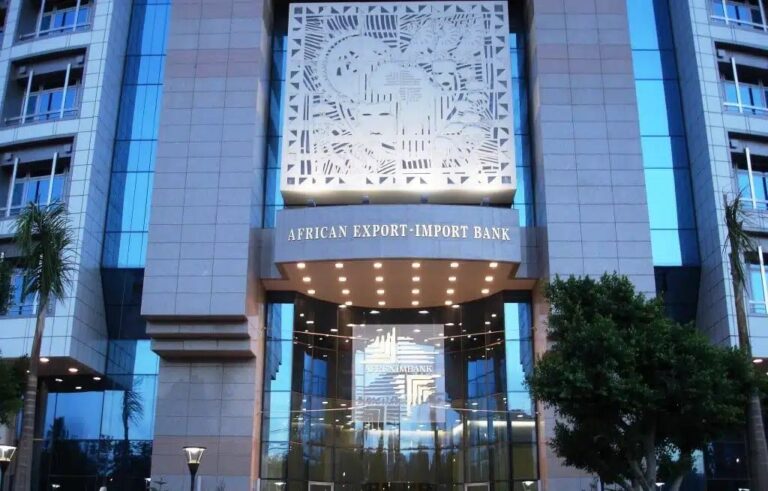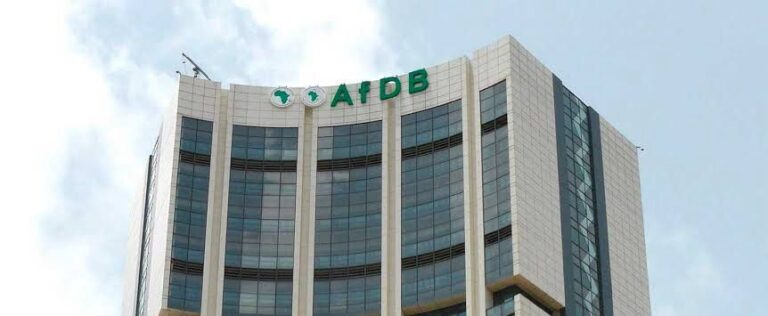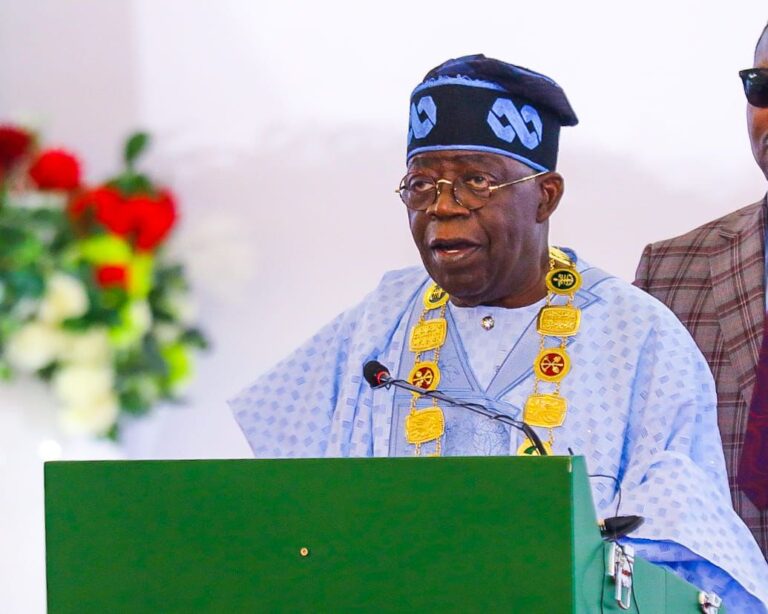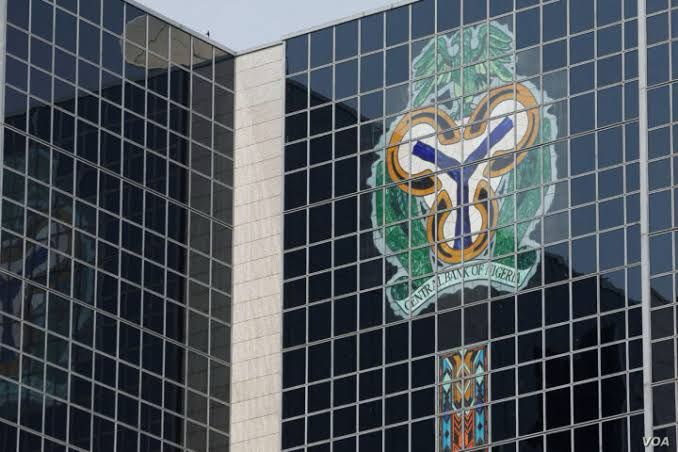At 92 years old, Paul Biya, the enigmatic figure who had governed Cameroon for over four decades, declared his intention to seek an eighth term as president in the upcoming October 12, 2025 general elections.
The news came not from a grand rally or a televised address, but from a statement posted on his official social media account– X (formerly Twitter) and other platforms. “I am a candidate in the presidential election,” the post read, followed by a pledge: “Rest assured that my determination to serve you commensurate with the serious challenges facing us.” He noted.
However, for many, the announcement was met with a weary sense of déjà vu. Biya, already the world’s oldest serving head of state, had become a fixture, a seemingly unmovable force in Cameroonian politics since taking office in 1982.
His prolonged absences from public view and persistent rumors about his health had fueled speculation for years that this election might finally mark a transition. Yet, here he was, once again throwing his hat into the ring.
Supporters of the ruling Cameroon People’s Democratic Movement (CPDM) immediately rallied, their voices echoing the sentiment that “much remains to be done” and that Biya’s unparalleled experience was essential in a volatile international environment. They pointed to the calls from all ten regions of the country and the diaspora, praising his decision as a patriotic response to the people’s will.
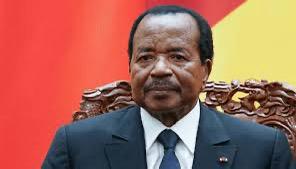
Meanwhile, the opposition, a fractured but increasingly vocal chorus, met the news with a mixture of exasperation and renewed determination. Maurice Kamto of the MRC, Cabral Libii of the PCRN, and other declared candidates, some of whom were once Biya’s allies, decried the move as a blatant attempt to perpetuate an entrenched system that had, in their view, stifled economic growth, democratic processes, and true accountability. Human rights advocates and civil society groups swiftly condemning and describing the move as “stalled political transition.”

The coming months promised to be fraught. Biya’s campaign platform, yet to be unveiled, would likely focus on stability and continuity, while the opposition geared up to highlight issues like corruption, poverty, and the ongoing secessionist movement in the English-speaking regions, which had been a persistent thorn in the government’s side. As the deadline for candidate submissions ends on July 21st, and the official campaign period set to commence on September 17th, the stage is set for a unique electoral battle. The world watched, not just to see who would emerge victorious, but to witness a nation grapple with its past, present, and the prospect of a future potentially still defined by the enduring legacy of Paul Biya.



